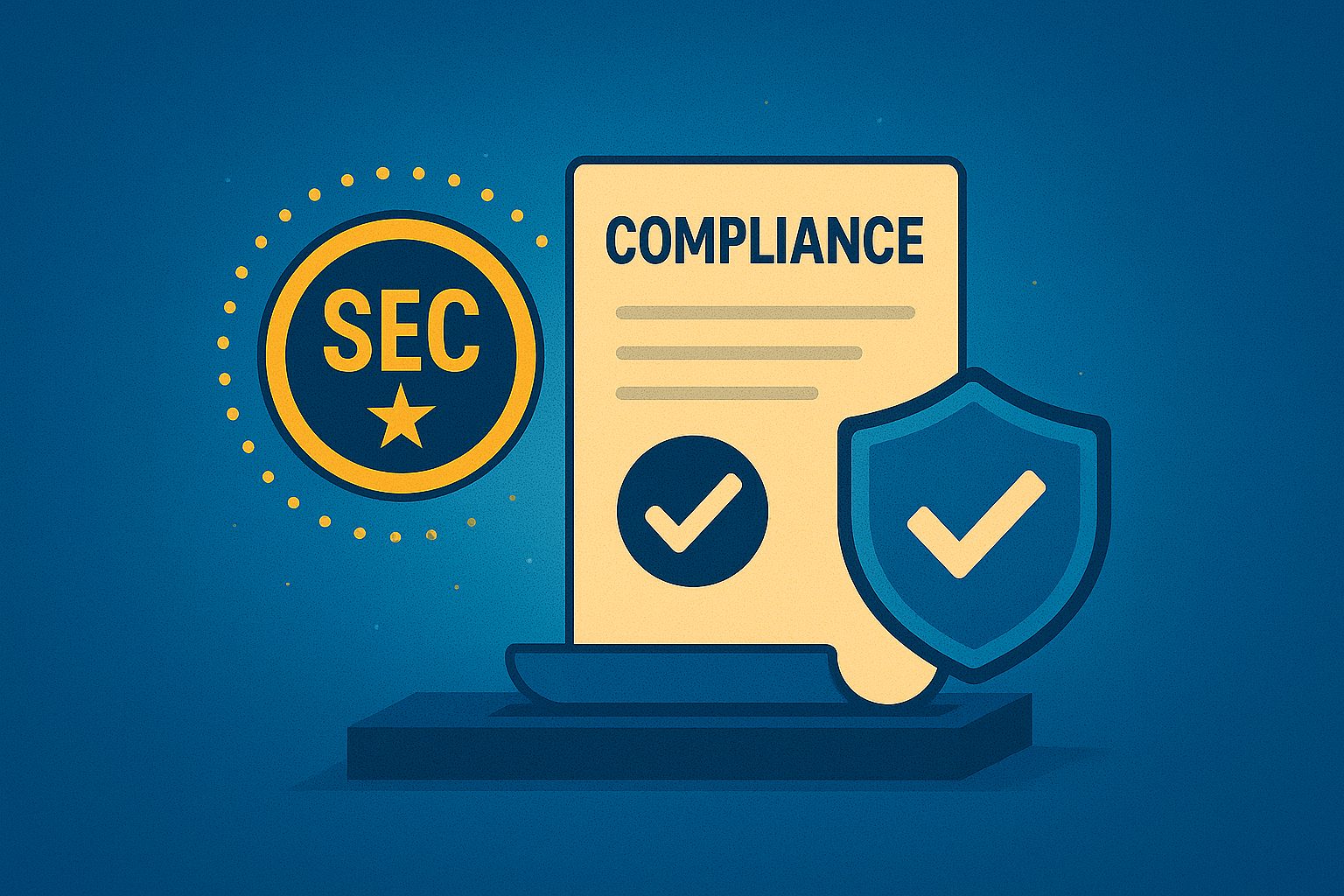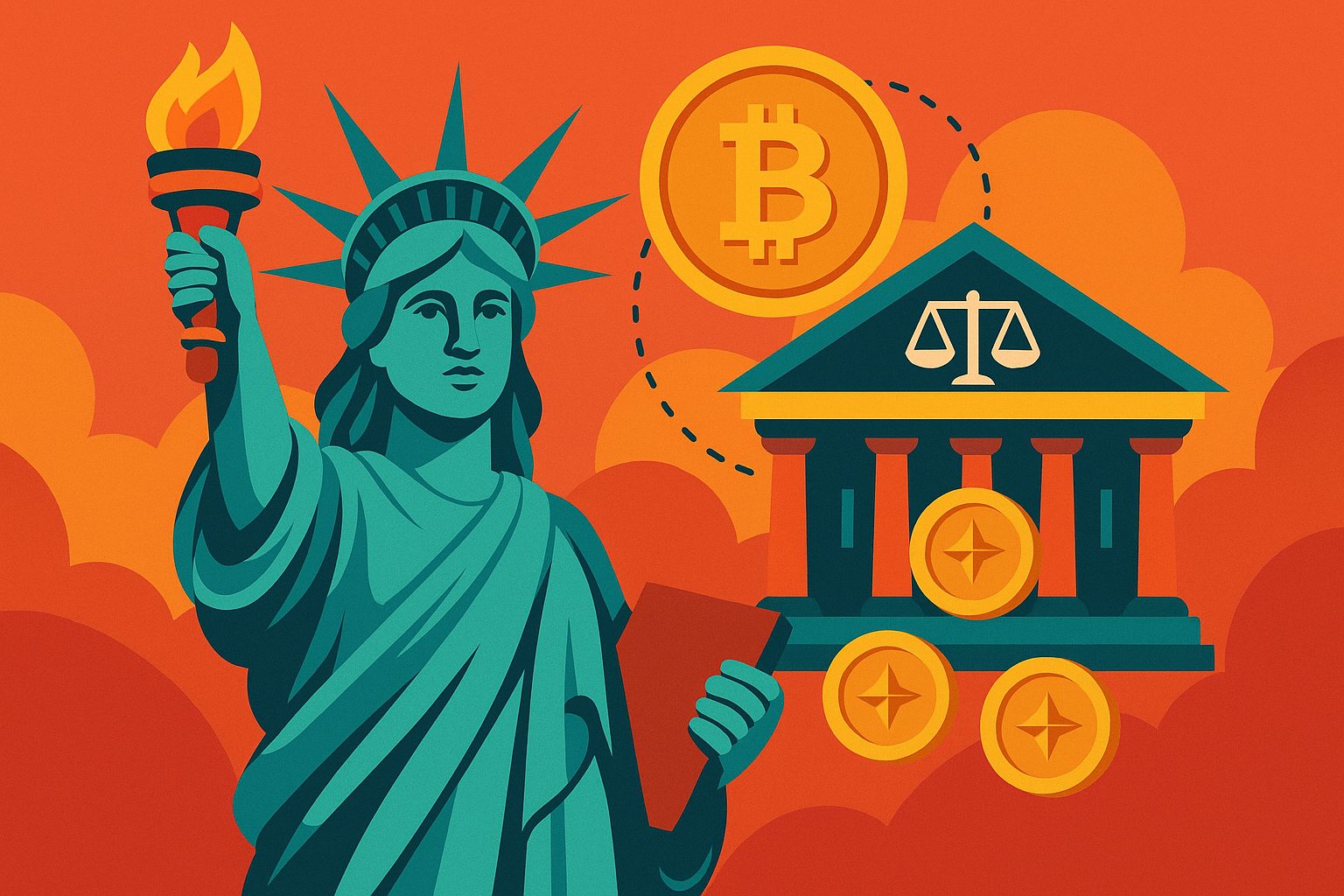Navigating the Regulatory Terrain
In the world of token offerings, ambition often knows no borders. Founders dream big—launching platforms that transcend national lines and attract backers from every continent. But with global reach comes global responsibility. Regulations surrounding token sales vary dramatically from country to country, and missteps can trigger fines, bans, or even criminal charges. As the digital asset space continues to mature, understanding token offering regulations in different jurisdictions has become essential—not just for compliance, but for credibility, scalability, and investor trust. Whether you’re launching an ICO, STO, or utility token, this country-by-country guide will illuminate the regulatory contours of the world’s major markets.
United States: A Regulatory Powerhouse
The United States represents one of the most influential yet complex regulatory environments for token offerings. The Securities and Exchange Commission (SEC) plays a central role, using the Howey Test to determine whether a token qualifies as a security. If it does, full registration or an exemption—such as Regulation D, Regulation S, or Regulation A+—is required. The Commodity Futures Trading Commission (CFTC), the Financial Crimes Enforcement Network (FinCEN), and various state regulators also assert jurisdiction in certain cases. Compliance in the U.S. involves detailed disclosures, Know Your Customer (KYC) processes, and anti-money laundering (AML) controls. For token issuers, the U.S. offers access to a vast investor base, but also imposes some of the strictest legal obligations. Success here demands both a strategic legal framework and airtight documentation.
Canada: Embracing Innovation with Guardrails
Canada has emerged as a balanced regulatory environment for blockchain ventures. The Canadian Securities Administrators (CSA) treat most token offerings as securities and subject them to securities law. However, the CSA has created regulatory sandboxes and innovation hubs to help startups test ideas within a compliant framework. Canadian regulators focus on investor protection, meaning that detailed prospectuses and ongoing reporting are often necessary for public offerings. That said, exemptions are available for private placements, especially when dealing with accredited investors. Provinces may vary slightly in their interpretation of national rules, so legal counsel with cross-jurisdictional experience is critical. Canada continues to support fintech growth while anchoring its policies in a strong compliance ethos.
United Kingdom: Post-Brexit Pragmatism
Following Brexit, the UK’s Financial Conduct Authority (FCA) has carved out its own regulatory direction, separate from the European Union. In the UK, whether a token offering is regulated depends on the nature of the token. Security tokens fall under the umbrella of the FCA and require full authorization, while utility tokens are generally unregulated unless they have characteristics of e-money or securities. The FCA has issued detailed guidance to help issuers determine the classification of their tokens. Token offerings targeting UK investors must also comply with AML directives and may be subject to promotion restrictions. As the UK develops its own post-Brexit fintech identity, it remains a key destination for token issuers seeking both legitimacy and access to deep capital pools.
European Union: Harmonization with Complexity
The European Union presents both opportunity and complexity for token offerings. With 27 member states, issuers must understand both EU-wide regulations and the national laws of each country. Security tokens typically fall under the Markets in Financial Instruments Directive (MiFID II), while utility tokens may escape full regulation. The EU’s Fifth and Sixth Anti-Money Laundering Directives (AMLD) apply broadly, and many countries now mandate KYC procedures for any token sale. The upcoming Markets in Crypto-Assets (MiCA) regulation is set to bring further harmonization, creating a single licensing regime for crypto-asset service providers across the EU. MiCA promises clarity, but until it is fully implemented, projects must navigate a patchwork of national rules. In the meantime, jurisdictions like Estonia, Germany, and France are leading the charge with well-defined regulatory frameworks that welcome innovation while enforcing strong compliance.
Switzerland: The Crypto Nation
Switzerland has long held a reputation as one of the most blockchain-friendly countries in the world. The Swiss Financial Market Supervisory Authority (FINMA) has issued clear and comprehensive guidelines for token classifications—dividing them into payment, utility, and asset tokens. Depending on their structure, token offerings may be subject to financial market laws, including securities regulation and AML compliance. Switzerland’s Zug region, often called “Crypto Valley,” has attracted a wide range of token issuers thanks to its favorable tax policies and open regulatory environment. FINMA operates a supportive, innovation-friendly model that emphasizes transparency and legal clarity. For issuers seeking a jurisdiction that blends tech leadership with regulatory precision, Switzerland remains a top choice.
Singapore: Asia’s Regulatory Beacon
Singapore stands out in Asia for its clear and progressive approach to blockchain regulation. The Monetary Authority of Singapore (MAS) oversees token offerings, applying securities laws to tokens that constitute investment contracts. Issuers must register their offerings unless they qualify for exemptions, such as private placements or small offers. MAS has emphasized its commitment to fostering innovation while safeguarding market integrity. It has introduced licensing regimes for digital payment token services under the Payment Services Act, requiring AML and counter-terrorism financing measures. Singapore also boasts a vibrant blockchain ecosystem, supportive government initiatives, and strong legal infrastructure. It remains a magnet for projects targeting the Asia-Pacific region with an eye toward long-term compliance.
Hong Kong: Navigating New Waters
Hong Kong has undergone a major transformation in its crypto policy in recent years. The Securities and Futures Commission (SFC) initially took a cautious approach, regulating security tokens and requiring strict licensing for platforms dealing in them. More recently, the city has adopted a more structured framework to encourage blockchain growth while ensuring investor protection. Under the new regime, all centralized crypto exchanges operating in Hong Kong or serving its residents must apply for licenses, and public token offerings are tightly regulated. While this shift brings clarity, it also introduces hurdles that must be carefully navigated. Still, Hong Kong remains an influential hub, particularly for projects seeking to access Greater China markets.
Japan: Strict but Supportive
Japan was one of the first countries to formally regulate cryptocurrencies, and its framework continues to evolve with a focus on investor protection and operational transparency. The Financial Services Agency (FSA) classifies token offerings under the Payment Services Act or Financial Instruments and Exchange Act, depending on the nature of the token. Exchange listings require registration, and token issuers must undergo rigorous scrutiny before public sale. Japan has also implemented strict AML requirements and maintains a whitelist of approved tokens. Despite its cautious stance, Japan has cultivated a strong domestic market and a well-informed investor base. Projects that meet the FSA’s standards benefit from access to one of the most mature crypto markets in the world.
South Korea: Regulating with a Watchful Eye
South Korea maintains a conservative stance on token offerings, shaped by past ICO-related fraud and speculative bubbles. The country has banned domestic ICOs since 2017, although the government is currently exploring new legislation that could allow tightly regulated offerings in the future. South Korea’s Financial Services Commission (FSC) requires robust KYC/AML procedures and imposes strict oversight on digital asset service providers. While the market remains active through offshore structures and secondary trading, onshore token sales are largely prohibited. Despite these limitations, South Korea continues to invest in blockchain R&D and may reopen the door to compliant offerings under a new legal regime.
Australia: Clarity and Collaboration
Australia offers a relatively straightforward path for compliant token offerings. The Australian Securities and Investments Commission (ASIC) classifies most ICOs as managed investment schemes or securities, depending on the structure. ASIC has issued comprehensive guidance outlining when a token sale requires licensing, disclosure, and compliance with consumer protection laws. AML/CTF rules apply to all entities involved in issuing or facilitating token offerings. Notably, Australia supports innovation through its regulatory sandbox, allowing fintech firms to trial offerings under controlled conditions. With a transparent regulatory system and strong legal institutions, Australia presents an attractive option for projects focused on the Asia-Pacific region.
United Arab Emirates: A Growing Blockchain Gateway
The UAE, particularly Dubai and Abu Dhabi, has emerged as a rising force in the blockchain space. The Abu Dhabi Global Market (ADGM) and the Dubai International Financial Centre (DIFC) have established separate regulatory frameworks for digital assets. ADGM, through its Financial Services Regulatory Authority (FSRA), has issued comprehensive guidance on digital asset activities, including token offerings. Security tokens require authorization, while utility tokens are generally exempt unless they involve investment elements. The UAE’s progressive stance, coupled with tax advantages and government support for blockchain initiatives, has attracted global attention. As the region continues to evolve its policies, it stands poised to become a major hub for token issuers seeking growth in the Middle East.
Brazil: On the Cusp of Reform
Brazil represents an emerging market with increasing interest in digital assets. While the country has not yet adopted a comprehensive legal framework for token offerings, the Comissão de Valores Mobiliários (CVM), Brazil’s equivalent of the SEC, has issued guidelines treating most token offerings as securities when structured for investment purposes. AML laws apply, and the government is working on draft legislation to define digital assets more clearly. Brazil’s large population, growing fintech ecosystem, and open-source development community make it an appealing, if still somewhat uncertain, landscape for token launches.
South Africa: Building the Framework
South Africa is steadily developing its regulatory approach to token offerings. The Financial Sector Conduct Authority (FSCA) recently classified crypto assets as financial products, bringing them under the scope of financial service providers. This means token issuers and platforms must register, comply with AML rules, and meet strict disclosure standards. While still a developing market, South Africa’s tech-savvy population and increasing government interest in fintech regulation signal growing opportunities for compliant token projects. As frameworks mature, the country could serve as a gateway to broader African markets.
Thinking Globally, Acting Legally
Launching a token offering on a global scale requires more than technical brilliance or marketing savvy—it demands an intricate understanding of jurisdictional differences and the regulatory frameworks that define them. From the strict registration processes in the United States to the innovation sandboxes of Singapore and the clear-cut classifications in Switzerland, every country offers its own rules of engagement. Success lies in crafting a token strategy that adapts to local laws while preserving the universal appeal of your project.
Embracing Compliance as a Catalyst
For many founders, compliance feels like a burden. But in truth, navigating global token offering regulations with precision can be your greatest competitive advantage. It shows that your project is serious, professional, and ready for institutional partnerships. It opens the doors to regulated exchanges, legitimizes your relationship with investors, and minimizes risk from enforcement actions. In a world where crypto continues to mature, the projects that embrace regulatory alignment will be the ones that not only survive—but lead.
From local laws to global ambition, regulation is the map. Let it guide your token journey, not hinder it.




